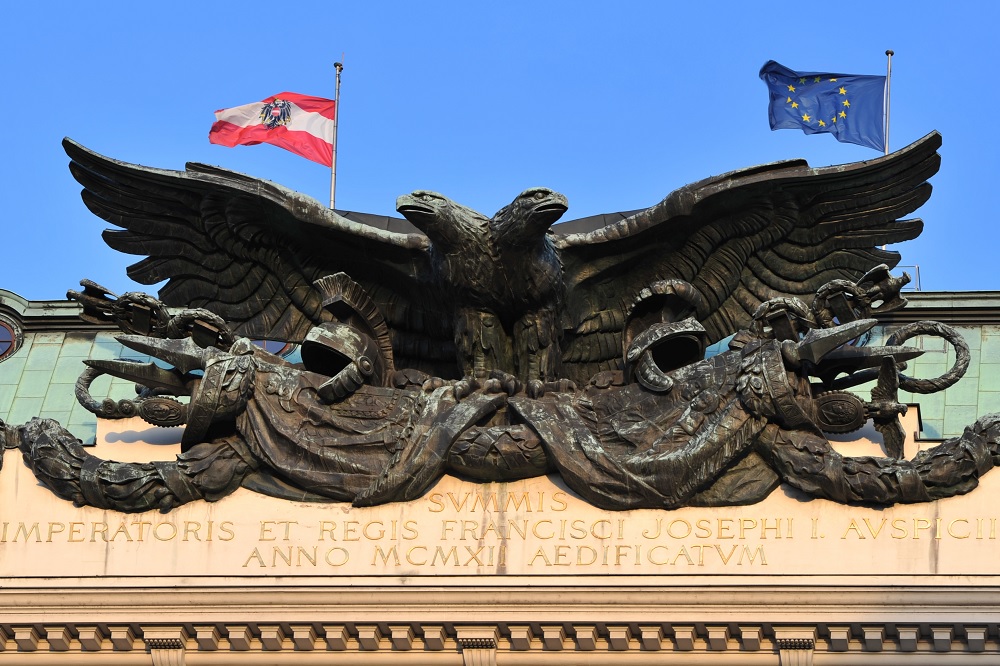The twilight of the Union? For the UK, read Austria-Hungary

Ioan Phillips
Just over 100 years ago, the Habsburg Empire – a state that had existed in one form or another for four centuries – suddenly disintegrated. The structural and political dynamics that felled Austria-Hungary can be seen here in the UK.
But the end of the union will not come through one grand event. A common historical misconception is that the Habsburg Empire collapsed because it lost the First World War. Likewise, some commentators suggest that the coronavirus pandemic will act as the prime mover in the break-up of the UK.
But these arguments miss the point. Political strife, driven by competing national priorities, was a longstanding feature of Habsburg civic life – just as conflict between the centre and devolved governments is not new in a UK context, either.
Wales has been accustomed to it from the start of devolution – the most notable example being Rhodri Morgan’s repudiation of the Westminster Government’s choice agenda in public service.
What coronavirus has done is to throw the tensions that already existed before the pandemic, such as those created by Brexit and Westminster’s reaction to the close-run Scottish independence referendum in 2014, into sharper relief. The best way to understand these tensions is as symptoms – rather than the cause – of the British state’s degradation.
The most recent flare-up in tension came with the publication of the UK Government’s internal market white paper, with its proposals criticised by the pro-union Welsh Government and pro-independence Scottish Government for removing their ability to diverge from Westminster on policy.
The episode captures in microcosm the UK Government’s tin-ear to the concerns of the devolved governments. While this hard-line ‘unionist’ approach plays to growing English nationalism, it is simultaneously pushing pro-UK politicians to question the long-term sustainability of the union.
Disintegration
Narrow Anglo-centrism also colours the UK Government’s approach to Brexit – particularly where Northern Ireland is concerned. There, ideology has been leveraged to dismiss the legitimate concerns of the UK’s most geographically distant citizens.
In that case, the UK Government continues to deny that there will be a trade border down the Irish Sea, despite repeated evidence to the contrary. Even more egregious is its ambiguous attitude to the Northern Ireland Protocol (the part of the Withdrawal Agreement that includes the peace process), sporadically hinting at the possibility of non-adherence.
Amidst this division, monarchy serves as one of the last unitive institutions – as it did in Austria-Hungary. However, the monarchy’s popularity mostly derives from the respect people have for the current Queen. It is hard to envisage her successor being able to draw on such sentiments, raising the possibility that both the union and the British crown could end more or less in tandem.
At the very least, it is hard to image the Royal Family serving as the cement that binds the union together in future.
The Conservative Party ostensibly venerates the union, making it richly ironic that they are the ones enabling its disintegration. Their narrative of ‘the precious union’ as a ‘partnership of equals’ is one that looks increasingly threadbare when viewed against the political currents at play within the UK today.
Support our Nation today
For the price of a cup of coffee a month you can help us create an independent, not-for-profit, national news service for the people of Wales, by the people of Wales.






